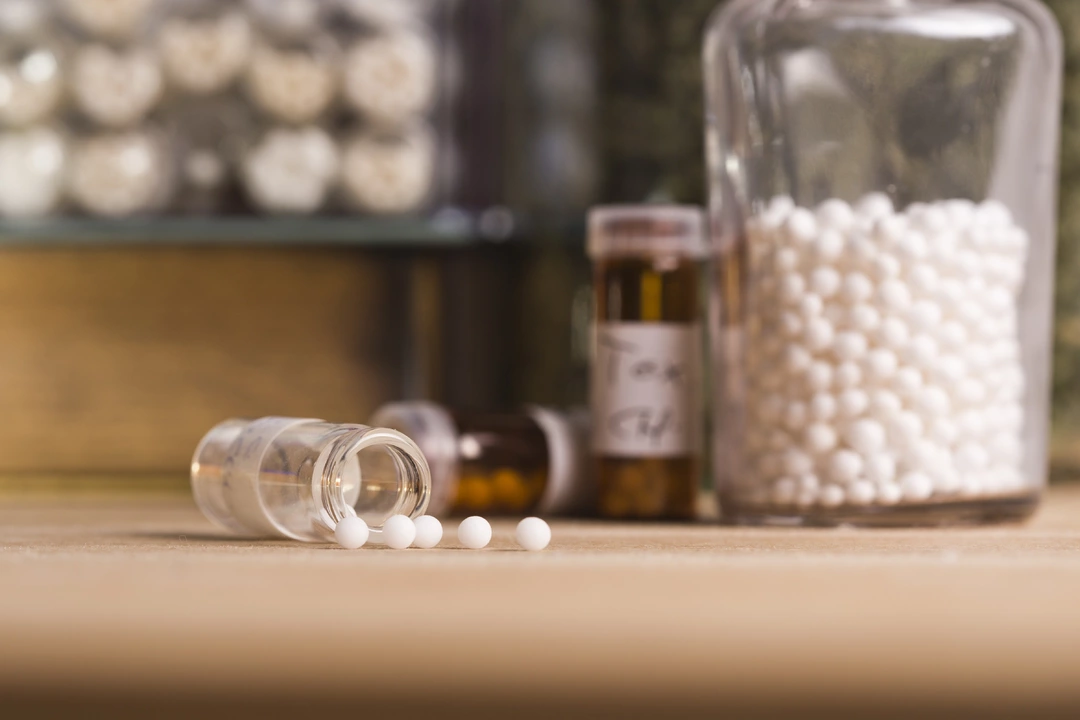Cystitis is a bladder infection that causes pain, urgency, and frequent peeing. Most cases come from bacteria entering the urethra and reaching the bladder. Women get it more often because their urethra is shorter. Men, pregnant people, and those with catheters can also get cystitis. Symptoms can start fast and feel intense.
Common signs are burning when you pee, cloudy or strong-smelling urine, blood in the urine, lower belly pain, and a pressing need to go even after you just went. A fever, chills, nausea, or flank pain mean the infection might have reached the kidneys and you should seek care quickly.
Your doctor will usually ask about symptoms and test a urine sample. The lab looks for bacteria, white blood cells, and nitrites. Sometimes they send a urine culture to see which antibiotic will work best. If infections keep coming, they may order imaging or other tests.
Antibiotics are the main treatment. Short courses of pills usually clear a simple cystitis in three days for many women, but doctors may prescribe longer for men, pregnancy, or complicated cases. Pain can be eased with a urinary analgesic like phenazopyridine for a couple of days, or with ibuprofen and heat on your lower belly. Drink water and avoid caffeine and alcohol until you recover.
To lower your risk, pee after sex, wipe front to back, stay hydrated, and avoid irritating feminine products. Cotton underwear and loose clothing help. Cranberry juice or supplements may help some people prevent recurrent infections, but evidence is mixed. If you get repeat cystitis, your doctor might offer low dose daily antibiotics or postcoital single doses.
See a doctor if you have fever, back pain, vomiting, fainting, severe belly pain, or blood in large amounts. Also seek care for symptoms that last more than 48 hours or return quickly after treatment. Pregnant people should always contact their provider at the first sign of urinary infection.
At home you can use an over the counter urine dipstick to check for nitrites or blood, but a lab test is better. A urine culture takes two to three days and tells which antibiotic will work. For complicated cases doctors check kidneys with ultrasound or CT. Keep a symptom diary with dates, sexual activity, and contraceptive use to help your clinician find patterns.
Simple habits cut risk: drink water through the day, empty the bladder fully, and wear breathable underwear. Avoid spermicides if you get infections after sex. Some people try daily probiotic yogurt or supplements with Lactobacillus to restore healthy flora, but results vary. If antibiotics are needed often, ask about a culture before treatment and discuss resistance. For chronic cases a urologist or gynecologist can offer specialized tests, bladder training, or short preventive antibiotic plans. Knowing your triggers helps you and your clinician make a plan that fits your life. Seek urgent care for fever, dizziness, severe pain, or inability to drink fluids.

As a sufferer of cystitis, I recently explored the possibility of using homeopathy as an alternative treatment. I discovered that homeopathy may help relieve some symptoms of cystitis by activating the body's natural healing process. Some popular homeopathic remedies include Cantharis, Staphysagria, and Apis Mellifica. While there are anecdotal accounts of homeopathy providing relief, scientific evidence is still limited. It's essential to consult with a healthcare professional before trying any alternative treatments for cystitis.